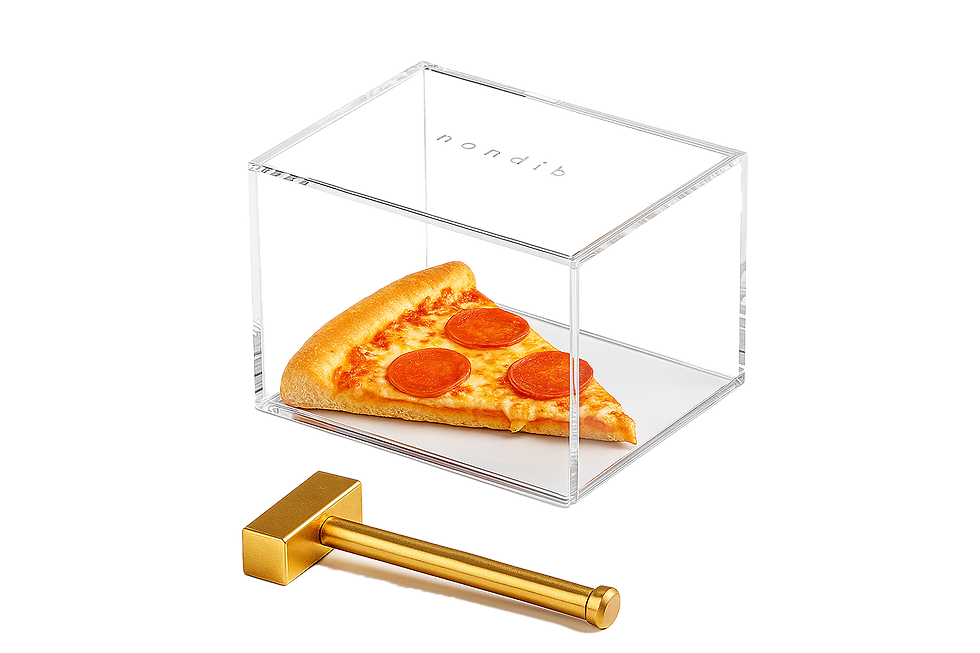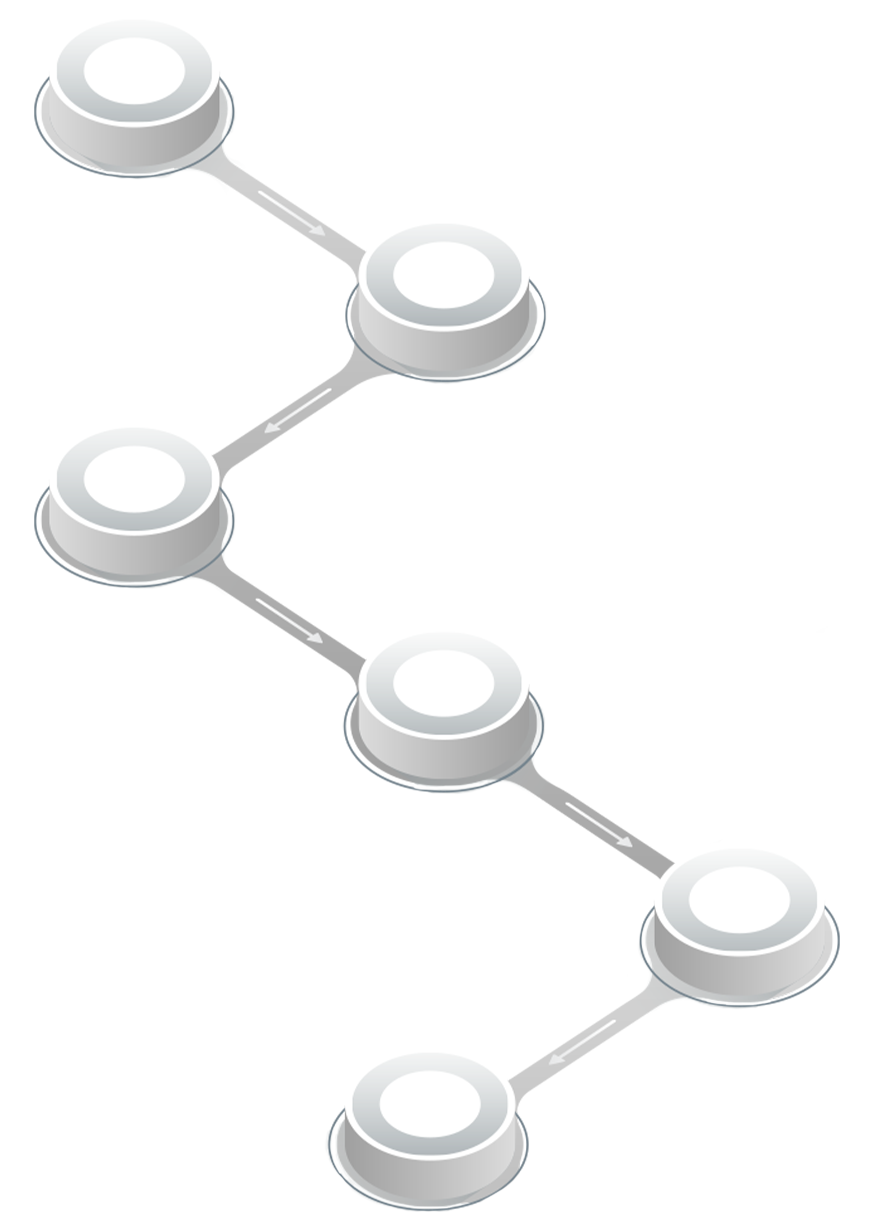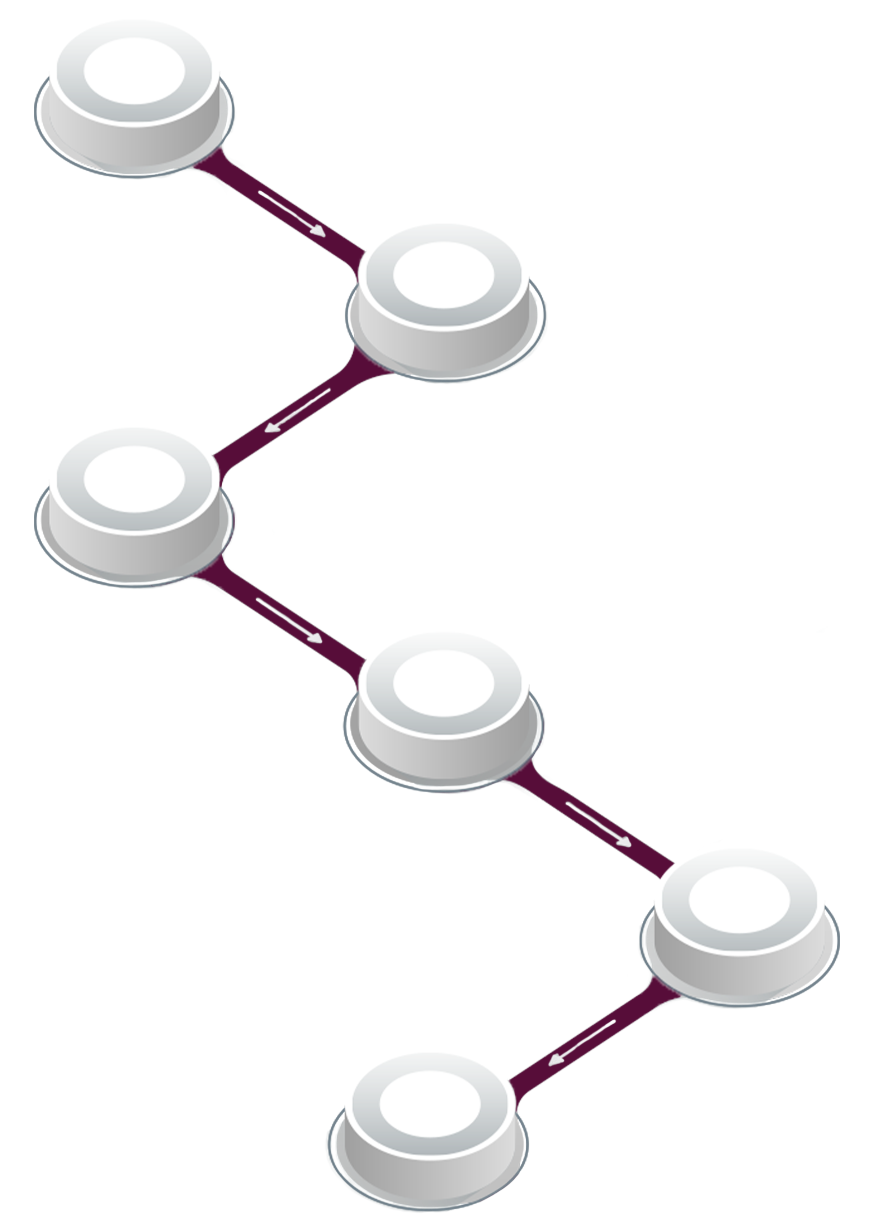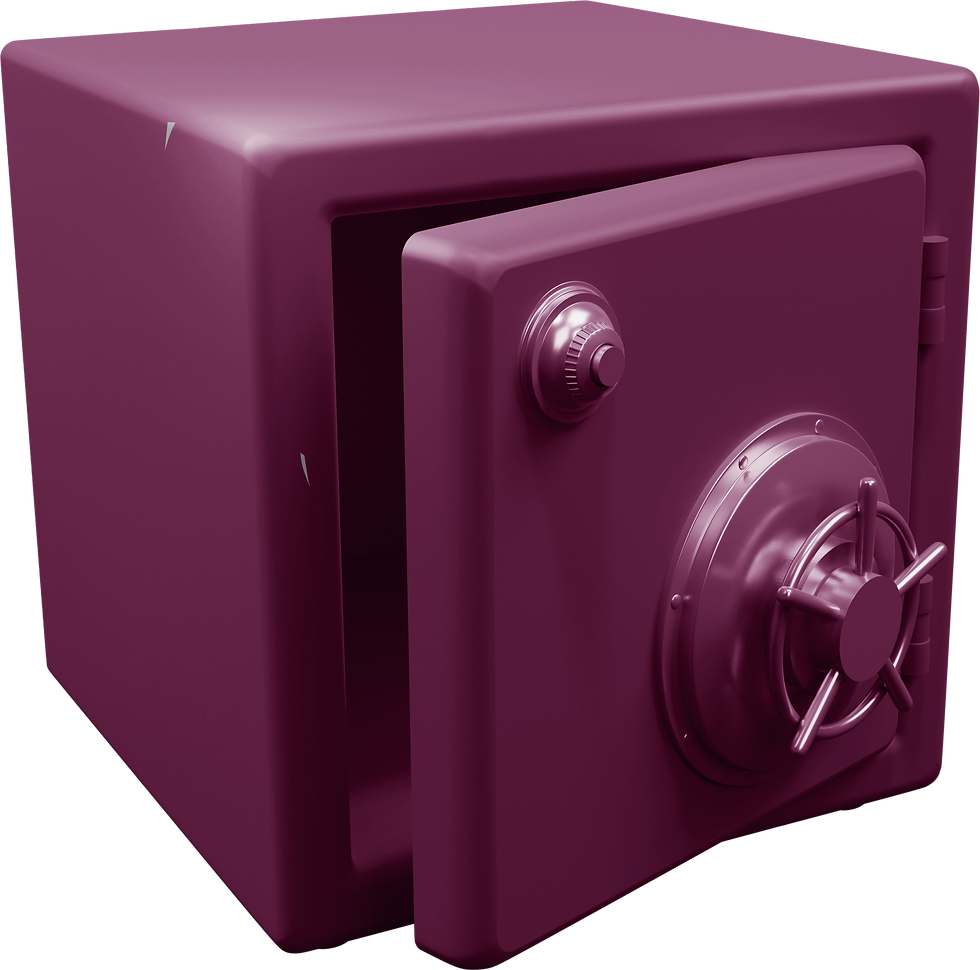An initiative by Epsilon Money
Fixed Deposits
FDs are often underestimated. While they may not offer the thrill of equity or the glamor of gold, FDs play a critical role in portfolio construction, risk management, and goal-based planning.

What Are Fixed Deposits
(FD)?
A Fixed Deposit is a financial instrument provided by banks and NBFCs where you deposit a lump sum for a fixed tenure at a predetermined interest rate. On maturity, you receive your principal + accumulated interest.
-
Issuer: Banks, NBFCs, Corporates
-
Tenure: 7 days to 10 years
-
Returns: Fixed (typically 6% – 8.5%)
-
Risk: Low (especially with scheduled banks)



Loan Facility
Avail loans against your FD in times of need.
Tax-Saving
Option
Invest in 5-year tax-saving FDs for Section 80C benefits.
Senior Citizen Advantage
Enjoy higher interest rates if you're 60+
Get interest monthly, quarterly, or at maturity - your choice on non-cumulative FDs.
Predictable Payouts
Benefits of Investing in Fixed Deposits (FD)
Capital Protection
Your principal amount is safe and secure.
Guaranteed
Returns
Earn a fixed interest rate, unaffected by market fluctuations.












How to Choose the Right FD for Yourself
Here's a simple guide to help you pick wisely:
Not all FDs are created equal - choosing the right one depends on your financial goals, time horizon, liquidity needs, and tax bracket.
1. Define Your Goal
Goal Type | Ideal FD Type |
|---|---|
High Yield | Corporate FDs (with high credit rating) |
Tax-Saving | 5-year tax-saving FD (eligible under 80C) |
Capital Growth | Cumulative FD for longer tenure |
Regular Income (e.g. retirees) | Non-cumulative FD with monthly/quarterly payouts |
Emergency Fund | Short-term bank FD (7–90 days) |
2. Compare Interest Rates
-
Always compare FD rates across banks, NBFCs, and institutions.
-
Senior citizens typically get an additional 0.25% – 0.75%.
-
Smaller finance banks often offer higher rates - ensure they are RBI-approved and covered by DICGC insurance.
3. Choose Cumulative vs Non Cumulative
Option | Best For |
|---|---|
Non-Cumulative FD | Investors needing regular income (e.g. pensioners) |
Cumulative FD | Long-term savers looking for compounded growth |
4. Know the Exit Rules
-
Understand premature withdrawal penalties.
-
Some FDs (like tax-saving FDs) have a lock-in period with no early exit.
-
Need flexibility? Opt for FDs with partial withdrawal or sweep-in facility.
5. Consider Tax Implications
-
FD interest is fully taxable.
-
If your annual interest crosses ₹50,000 (₹1,00,000 for senior citizens), TDS applies.
-
Submit Form 15G/15H if your total income is below the taxable limit.
Our Partners


FD Calculator
Calculate returns on Fixed Deposits (FD)
₹
₹
₹
Invested Amount:
Estimated Returns:
Total Value:
FD Calculator
FD Calculator: Calculate returns on Fixed Deposit (FD) with Epsilon Money's FD Interest Calculator online.